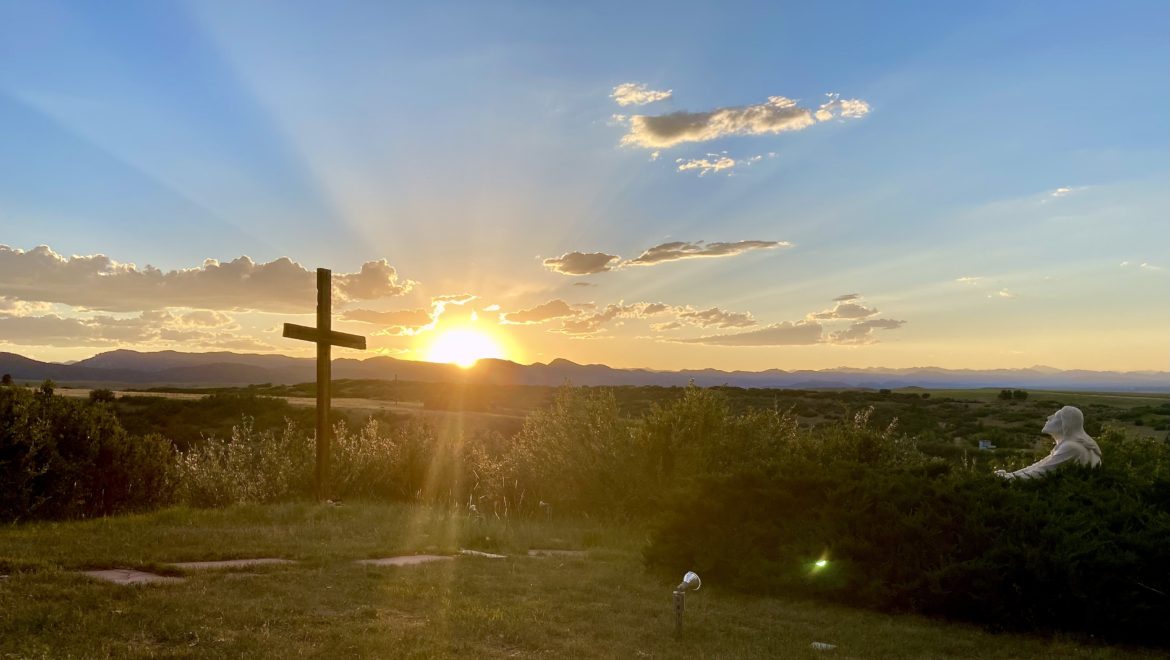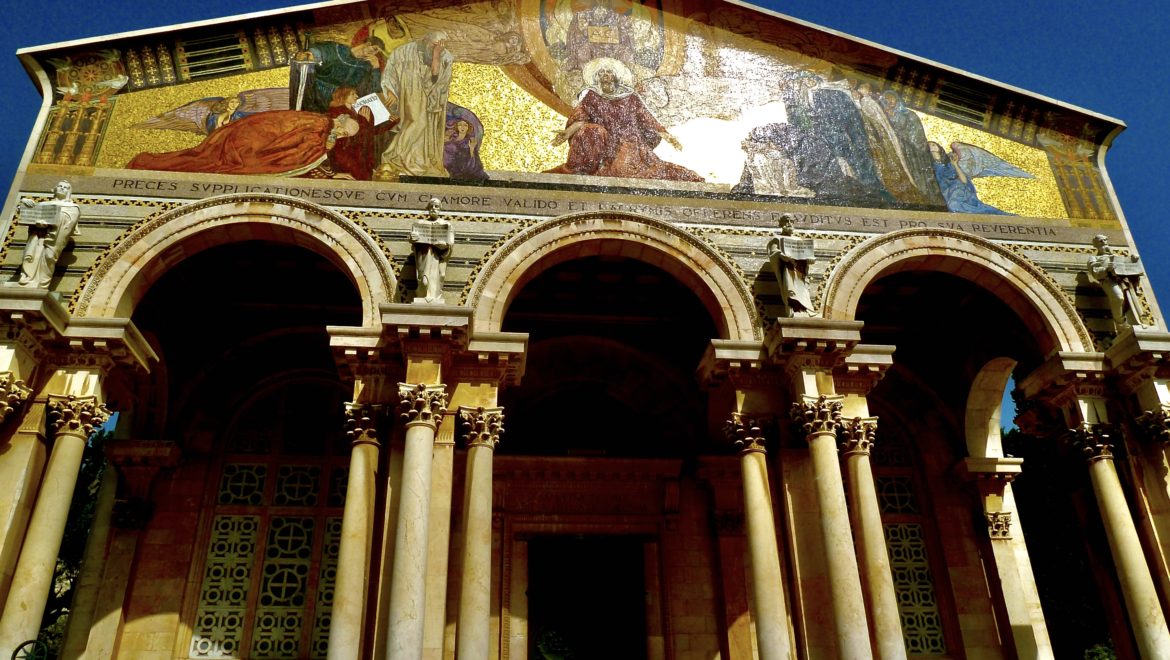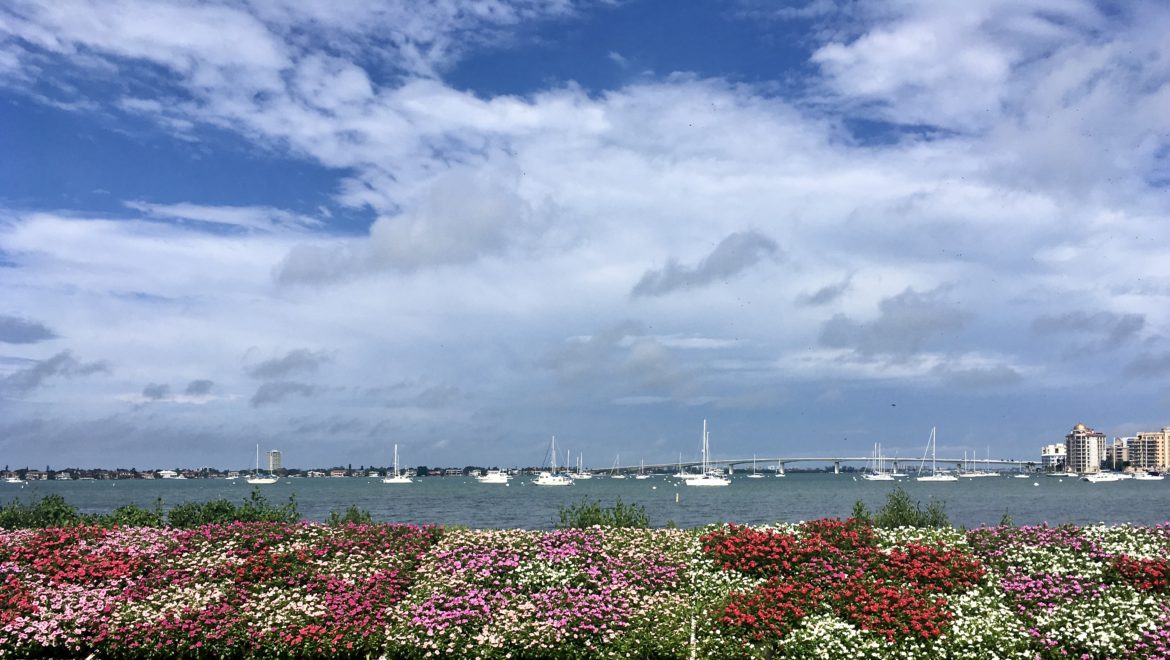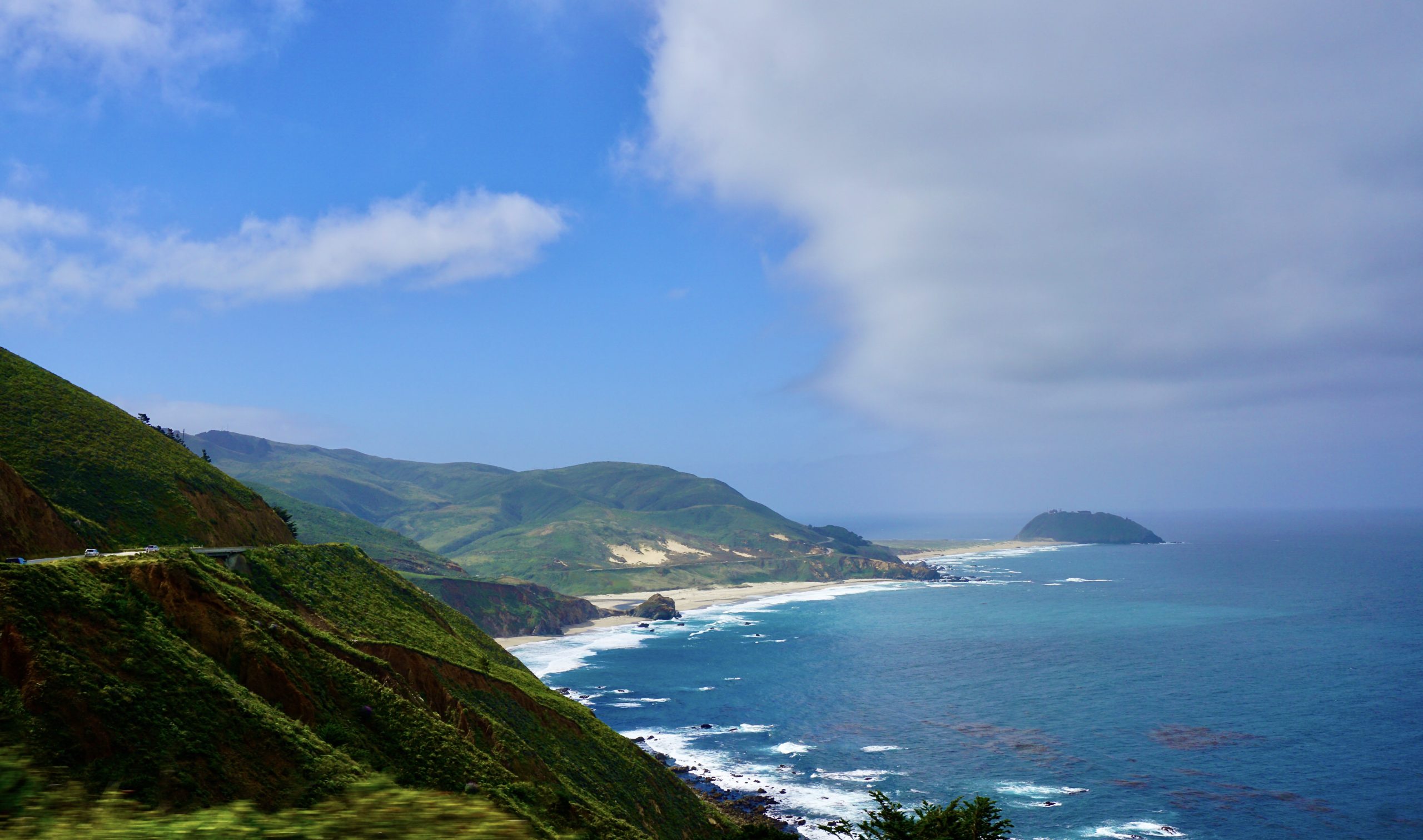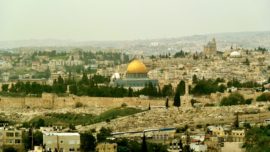Hope and Freedom: Initial Thoughts on Luther Smith Jr.’s New Book Hope Is Here
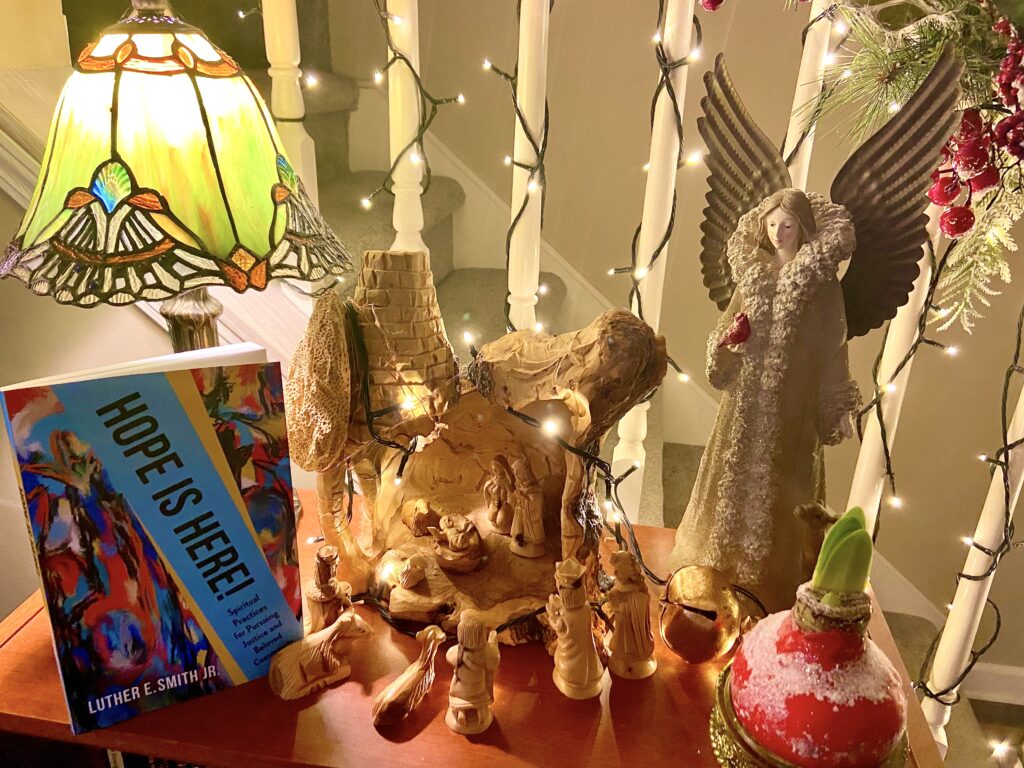
This month I started reading Hope Is Here by Luther Smith, who is a Howard Thurman scholar and an individual who has played an important role in the justice movement in Atlanta and other places. Sometimes I go into a book thinking I will fly through it because it is so good. This book is not that. This is a book for savoring, the way you let a perfect piece of chocolate melt on your tongue or the way you soak in the sun’s rays on a crisp fall day. Right now, I am savoring the way Smith relates hope to the Great Cloud of witnesses versus the “tyranny of the familiar.”
Referring to Hebrews 11:39-40, he says, “We look to the (great cloud of) witnesses as icons in our resourceful past, and the witnesses look to us as promise bearers for a fulfilled future.”[1] They are urging us toward greater hope, faith, and love. Hope is not just about something we desire in the future, it is about the way we live right now. It is an act of faith that lets go of predictable outcomes in favor of freedom.
To be free is to be unattached to anything but the grace and love of God. It is the freedom to live from your core essence, a mirror image of God only you can bear. This unhindered way of living is wrapped up in hope. Smith states, “… hope inspires us to imagine creatively, perceive reality anew, persevere in despair, risk with opportunities, and trust beyond our control. Hope exists with the purpose of expanding our awareness and hearts to experience God’s abiding love through all creation—including ourselves.”[2] With this type of hope we are invited to live in a way that keeps the saints on the edge of their seats. It is not mundane or predictable, but it is unique to each person’s reality.
In my work with individuals who have experienced trauma or abuse in Church settings, hope is a loaded word. But it is hope that invites my clients and directees to continue their healing journey. It is hope that washes away expected outcomes, and nurtures curiosity and wonder about themselves and the world around them. The healing journey is not about living life like everyone else, but it is about living in a way only you can. It starts in the core of your being, which holds the purest sense of the Imago Dei woven into your DNA, and it seeps its way through your entire soul. As Howard Thurman once said in a commencement address to Spelman graduates, “You are the only you that has ever lived: your idiom is the only idiom of its kind in all of existence and if you cannot hear the sound of the genuine in you, you will all your life spend your days on the ends of strings that somebody else pulls…” [3] Those strings are what Smith refers to as the “tyranny of the familiar.”
Smith acknowledges the freedom that accompanies hope can be scary because we lose a sense of control, whereas the “tyranny of the familiar” brings a sense that we have power over the outcomes of our lives. I recall having my whole life planned out in my twenties, and I can also remember God’s invitation to surrender all at that time. My answer to God was no because I was afraid, I would not get to do the things I wanted to in life. In fact, all of my human efforts to get those things failed, and the path of letting go of familiar outcomes was a painful journey. However, hope remained through all the difficult seasons and what I have today is so much better than anything I could have ever predicted. What I have has nothing to do with life circumstances or material possessions, but it is completely rooted in active hope, love, and the amazing humans (both present and past) who anchor me in beloved community. My story is uniquely mine, and my hope is that I am faithful to my chapter in the book of the Great Cloud of Witness. It is a life-long process, and we are invited to join hope every day of our life. May hope find you today and draw you into the beloved community of saints that surrounds us all.
Luther Smith talks about the correlation between hope, beloved community, and justice in Hope Is Here. I’ll be relishing each chapter during Advent and you are invited to join me and tell me what you think! Blessings in this Advent Season and Merry Christmas.
[1] Luther E. Smith Jr., Hope Is Here: Spiritual Practices for Pursuing Justice and Beloved Community (Louisville, KY: Westminster John Knox Press, 2023), 33.
[2] Ibid., 6.
[3] Howard Thurman, The Sound of The Genuine: Baccalaureate Ceremony (Emory Archives audio/transcription: Spellman College, May 4, 1980), retrieved from https://thurman.pitts.emory.edu/items/show/838.


